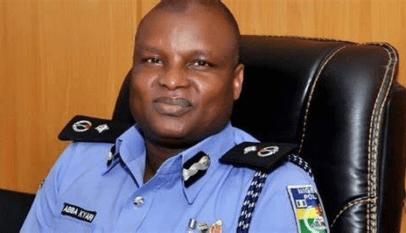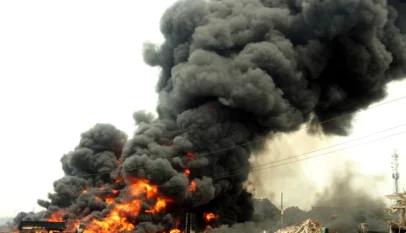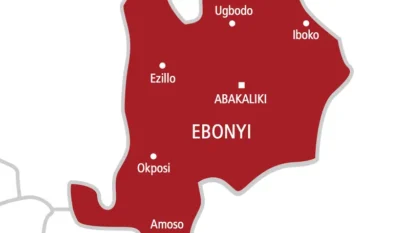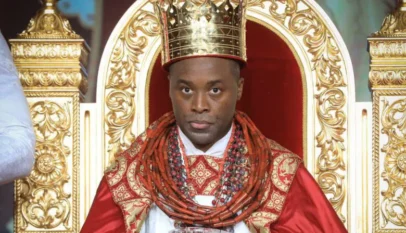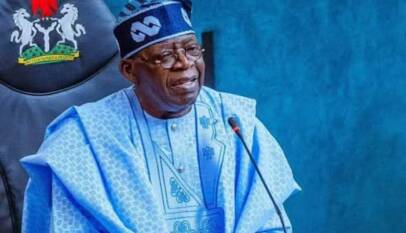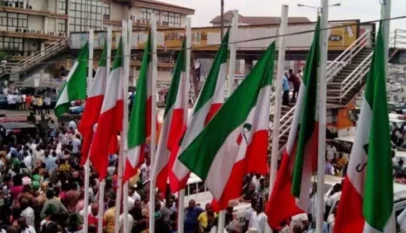
Oghenekevwe Kofi
As a Nigerian who regularly travels the roads between Lagos and Warri, the Wednesday, 25th September journey left me deeply troubled, and not for the first time. It was a journey marred by two significant issues: deplorable road infrastructure and the overwhelming presence of police checkpoints—at least 30 throughout roughly 350 kilometres. If this feels like an exaggeration, I assure you it is not. This experience lays bare the deep-rooted security and infrastructural problems that plague our country.
The State of Our Roads: A Test of Endurance
Travelling on Nigerian highways should not be a punishment, yet that’s exactly what it felt on Wednesday. The road is in such bad shape that it tests the passengers’ endurance and the vehicle’s resilience. The deep potholes, eroded sections, and frequent diversions slowed the journey down to a crawl, turning what should have been a fairly straightforward trip into an ordeal.
Nigerian roads are a reflection of our national neglect. Successive governments have promised to fix them, yet the decay continues. Poor infrastructure hampers economic growth, slows business, and causes fatal accidents. It is not just the people who suffer; goods meant for trade are delayed, increasing operational costs for businesses.
The Security Overload: Checkpoints Everywhere

If the bad roads weren’t enough torture, the presence of security forces in the form of police checkpoints at almost every stretch of the road added to the frustration. I encountered at least 30 checkpoints, sometimes with barely 2 kilometres between them. While one might argue that the presence of these checkpoints is to ensure security, the real question is: are they effective, or are they simply symptoms of deeper insecurity?
Security checkpoints are meant to protect, but too many of them, especially when they appear inefficient, breed a sense of harassment. It’s difficult to shake the feeling that they serve more as toll gates for extortion than as effective measures to combat crime.
While one understands the need for security, the solution cannot be to saturate our highways with checkpoints that barely address the root causes of insecurity. Proper intelligence, surveillance, and crime prevention strategies are far more effective than constant roadblocks.
The Bigger Picture: Infrastructural and Security Deficits
What my journey highlights is not just the failure of infrastructure or the over-policing of roads—it reflects a larger national malaise. Our inability to maintain basic infrastructure like roads and our over-reliance on manual checkpoints underscore the inefficiency of our governance systems.
For Nigeria to thrive, we must stop applying band-aid solutions to deep-rooted problems. Instead of endless police roadblocks, why can’t we have better-equipped security systems with proper surveillance? Instead of driving on crumbling roads, why can’t we have world-class infrastructure that facilitates smoother travel?
These are not impossible dreams. The resources exist, but political will and accountability remain elusive. It is time for our leaders to step up and face these issues head-on. The suffering of ordinary Nigerians on the roads is unacceptable, and the time for real solutions is now.
If our roads were safer and well-maintained, there would be less need for an overbearing police presence. If we had effective law enforcement, we wouldn’t need 30 checkpoints to make a trip across the country.
We can do better, and we must. Nigerians deserve more than this.
Conclusion
The journey from Lagos to Warri shouldn’t be a nightmare, but it is. As we navigate bad roads and face an overwhelming number of checkpoints, Nigeria’s security and infrastructural deficits become glaringly obvious. It is high time we addressed these issues with lasting solutions rather than temporary fixes that don’t address the root causes.
Nigerians deserve safe roads and effective security, not the frustrating ordeal of navigating our broken system. Let’s hope the powers that be are listening.
Oghenekevwe Kofi, Project Manager at Ericsson LM, writer and social commentator sent this piece from Lagos


